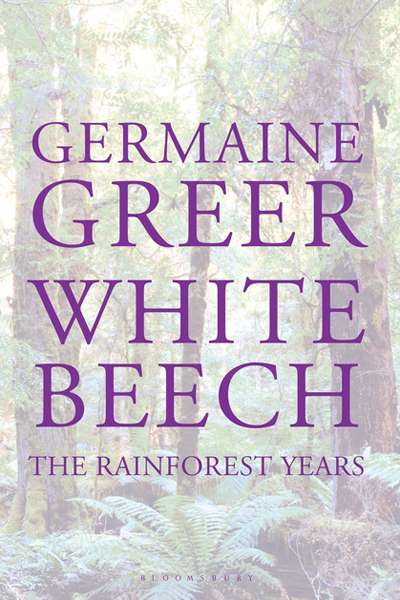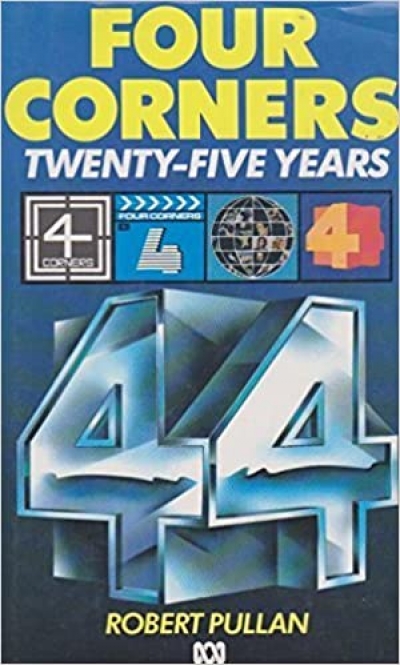Commentary
‘Portrait of a friendship: In memoriam Katerina Clark (20 June 1941–1 February 2024)’ by Sheila Fitzpatrick
Back in the 1970s, when I went up to Katerina Clark’s place in Connecticut for the weekend, I was always a bit on my guard. Katerina was a wonderful and generous friend, but inquisitive. Being young, I had things in my personal life I wanted to hide. A silent tussle went on between us as she did her best to ferret them out (probably knowing from her other sources more or less what they were) and I stone-walled.



























